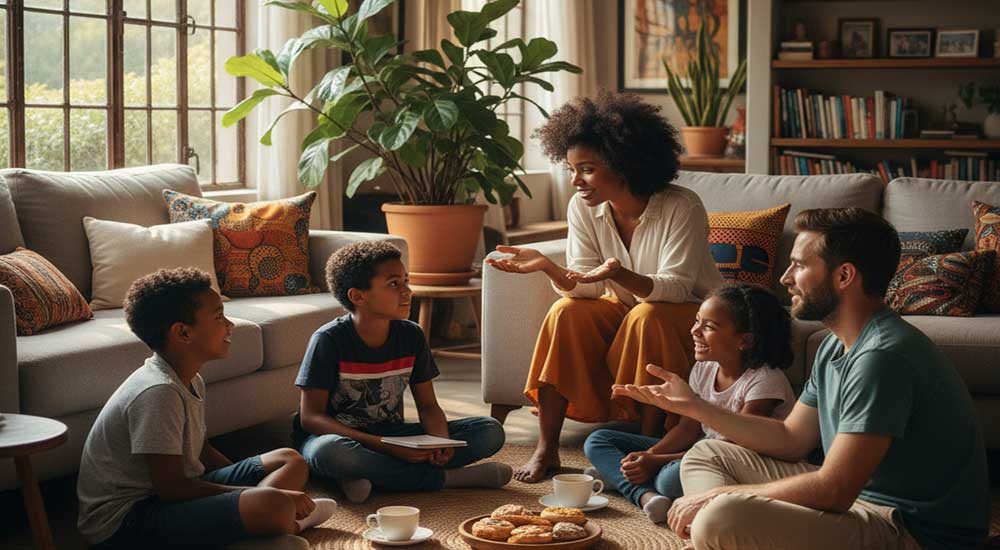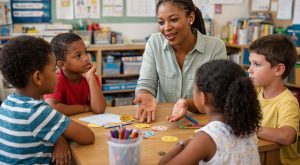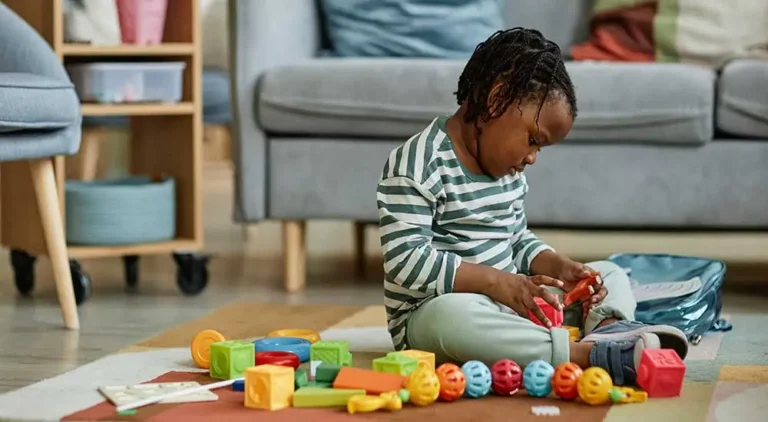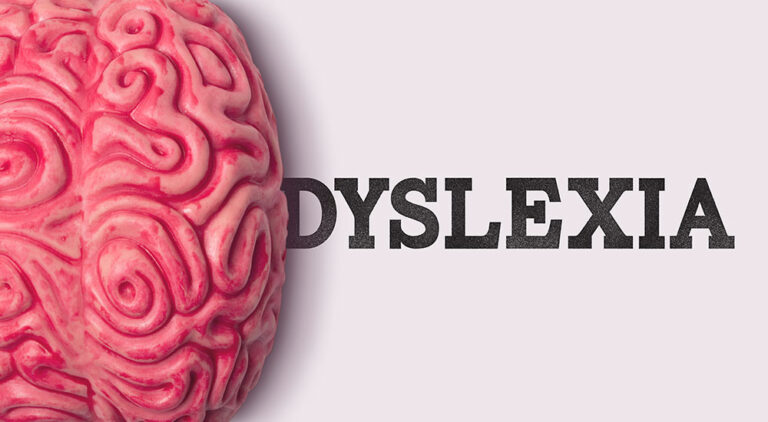The goal is to raise dynamic, compassionate individuals
By celebrating difference and encouraging dialogue – rather that accepting effortless agreement – parents raise children who are better creators as well as better friends, leaders, and thinkers. The goal is to raise dynamic, compassionate individuals who understand that disagreements are not conflict. Disagreements are creation in progress.
We don’t want our children to be agreeable clones,
 No creator wants to be with a person who thinks the same way that he/she does. Creators are looking to be with people they can learn from. People who have different thoughts, because out of these differences, come ideas from which they can learn. Relationships where families and friends can share and discuss different ideas are more rewarding than being with people who simply agree with whatever the other is about.
No creator wants to be with a person who thinks the same way that he/she does. Creators are looking to be with people they can learn from. People who have different thoughts, because out of these differences, come ideas from which they can learn. Relationships where families and friends can share and discuss different ideas are more rewarding than being with people who simply agree with whatever the other is about.
You as a parent can shape how your children react to differences, creativity, and relationships. One of the most powerful lessons a child can learn is that being the same isn’t a strength. It’s in the different thoughts and viewpoints that creativity is born. Difference rather than agreement offers a rich foundation for raising open-minded, curious, and creative children.
To encourage this mindset, parents can begin by modelling it themselves. Children observe how adults handle disagreement and difference. If parents openly welcome different opinions and show interest rather than defence, children will learn that it’s okay to think differently, and that doing so can lead to deeper conversations and better ideas. When parents say things such as, “That’s an interesting point – what made you think that?” or “I hadn’t thought of it that way”, they show children that differing views are not threats, but invitations to learn.
Creating a home where respectful disagreement is safe is essential. Children should feel they can express a view – even an unpopular one – without fear of judgment or punishment. Encouraging children to question, debate, and explore new outlooks helps them understand that ideas grow stronger through differences and testing, not through constant agreement.
Parents can also introduce stories, and activities that highlight different experiences and viewpoints. Reading books with characters from different cultures or with different goals can spark discussions about how people see the world differently. Family discussions about current events, with space for various explanations, can also help children develop a comfortable attitude towards contradiction.
 A child often feels pressured to fit in, and in the process becomes a ‘yes’ person. Children need to understand that meaningful friendships mean sharing their insights – and being open to someone else’s. Praise children when they listen well, change their minds thoughtfully, or bring fresh angles to discussions. Help them see that a team made of identical minds won’t build anything new.
A child often feels pressured to fit in, and in the process becomes a ‘yes’ person. Children need to understand that meaningful friendships mean sharing their insights – and being open to someone else’s. Praise children when they listen well, change their minds thoughtfully, or bring fresh angles to discussions. Help them see that a team made of identical minds won’t build anything new.










